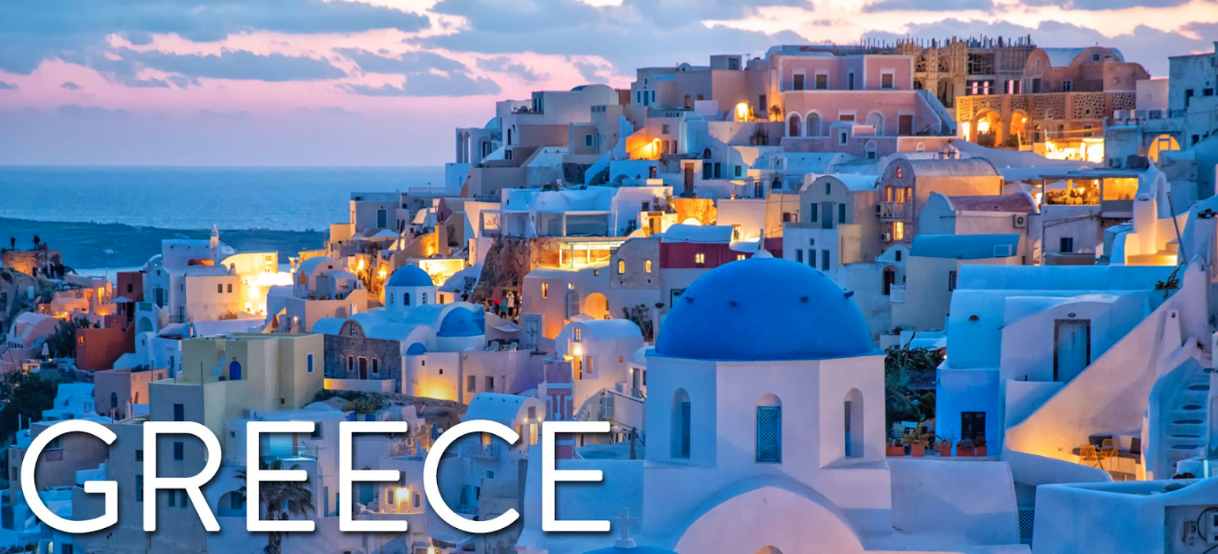Greece is widely acknowledged as the birthplace of democracy. In fact, many modern governments have drawn inspiration from the democratic system originated by the Ancient Athenians. This system, predicated upon the proposition that all should be equal before the law, was designed by the Athenian leader Cleisthenes. The government was comprised of three sectors, similar to the three branches of the United States government: the ekklesia, or Assembly, in which all adult male citizens of Athens were welcome to participate; the vouli, or Council, a group of 500 men, each serving one-year terms, that met every day and was in charge of the most basic functions of the government; and the dikasteria, or Judiciary. In the words of the historian Herodotus, “In a democracy, there is, first, that most splendid of virtues, equality before the law.”
Today, Greece’s government is similar to that of most European countries, containing a Parliament and Prime Minister. The leader of the party with more seats in the Parliament is elected Prime Minister, and elections typically occur every four years. Although numerous parties hold seats in the Parliament, two major parties — SYRIZA (The Coalition of the Radical Left) and the conservative New Democracy — have dominated Greece’s political scene for several years. Up until its unfortunate decline in 2011, New Democracy’s primary left-wing opponent was not SYRIZA, but the more moderate PASOK (The Panhellenic Socialist Movement), a once very successful and well-respected party, remembered for being responsible for Greece’s induction into the eurozone.
Few countries, if any, have a history as rich as Greece — but success in the past is not a guarantor of success in the present and future. The 2010s decade was particularly tough for Greece. First struck the ten-year economic recession in the aftermath of the financial crisis of 2007-08, widely referred to as “the crisis.” Then came the turbulent premiership of Alexis Tsipras and rumors of “Grexit” — Greece’s potential withdrawal from the eurozone. Finally, just as the economy started to bounce back from the Crisis came the COVID-19 pandemic, a final blow to this disastrous decade.
In 2019, the New Democracy party won a solid majority of the Hellenic Parliament, making its leader, Kyriakos Mitsotakis, the Prime Minister. Many of his government’s policies have had to do with helping the economy rebound from the crises of the 2010s. One of his government’s most consequential and controversial policies has been its stance on immigration, particularly the treatment of refugees from Asia and the Middle East. Greece is a hotspot for migrants from war-inflicted countries attempting to seek asylum in Europe. Under the leadership of Mitsotakis, Greece has started a campaign to turn migrants away from its borders, resulting in an oftentimes violent and inhumane treatment of refugees. Of course, one cannot put the blame solely on Greece’s shoulders. While the atrocities that have occurred on its border are unacceptable, Greece, being a small country, is simply not prepared to take on the influx of millions of refugees, especially to its islands. Furthermore, the European Union’s Dublin Regulations ensure that an asylum seeker’s first country of entry is responsible for examining their registration, putting a significant responsibility on the backs of Mediterranean states such as Greece and Italy, while larger countries can avoid processing arrivals.
Even in the darkest moments of Greece’s long history — in times of war, poverty, and pain — Greeks have always demonstrated strength and resilience, never letting go of their pride and patriotic nature.






